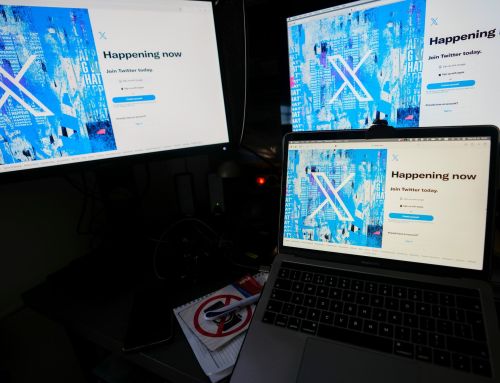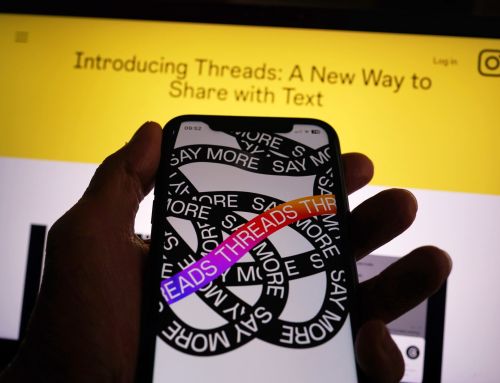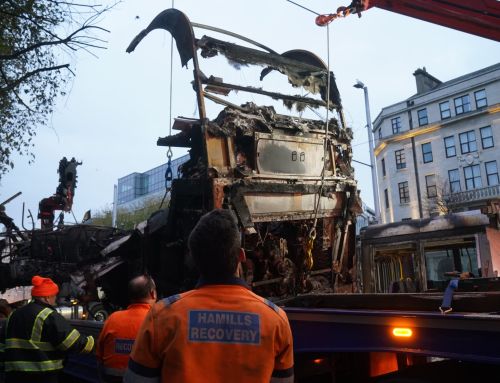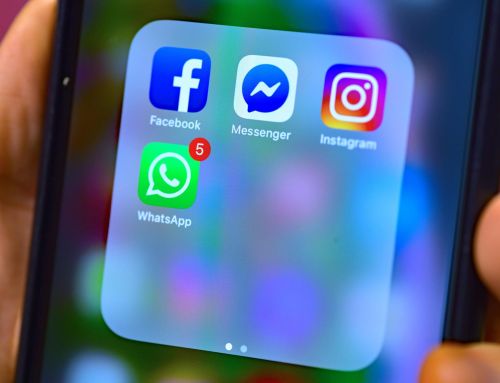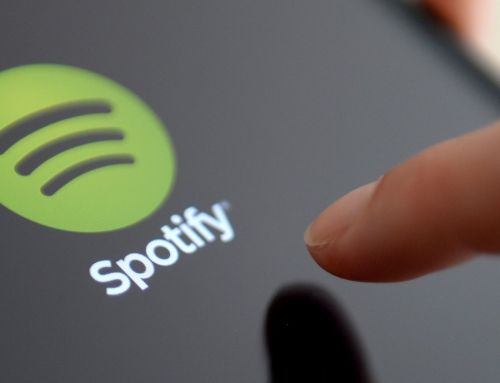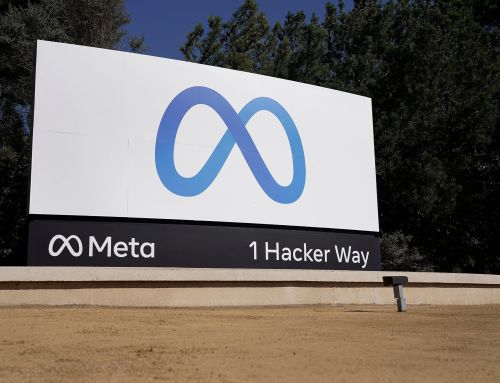A jury has decided Elon Musk did not deceive investors with his 2018 tweets about electric car maker Tesla.
The verdict by the nine jurors was reached after less that two hours of deliberation following a three-week trial and represents a major vindication for Mr Musk.
The trial pitted Tesla investors represented in a class-action lawsuit against Mr Musk, who is CEO of both the electric car maker and the Twitter service he bought for 44 billion dollars a few months ago.
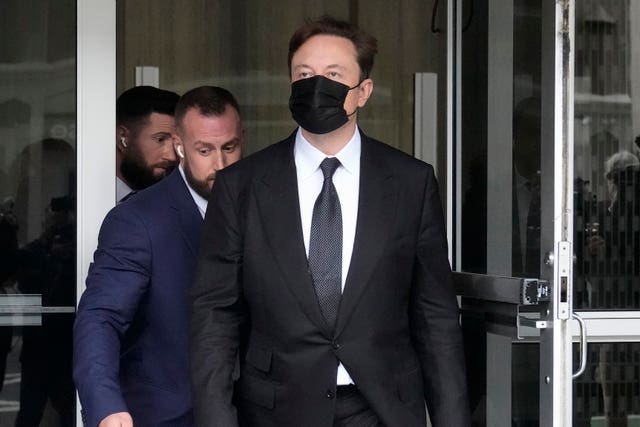
In 2018, Mr Musk tweeted that he had the financing to take Tesla private even though it turned out he had not got an iron-clad commitment for an aborted deal that would have cost 20-70 billion dollars to pull off.
Mr Musk’s integrity was at stake at the trial as well part of a fortune that has established him as one of the world’s richest people.
He could have been saddled with a bill for billions of dollars in damages had the jury found him liable for the 2018 tweets that had already been deemed falsehoods by the judge presiding over the trial.
Earlier on Friday, Mr Musk sat stoically in court, while he was both vilified as a rich narcissist whose reckless behaviour risks “anarchy” and hailed as a visionary looking out for the “little guy” in closing the trial’s arguments.
The trial hinged on whether Mr Musk’s tweeting in 2018 misled Tesla shareholders, steering them in a direction that they argue cost them billions of dollars.
The civil case centred on two tweets Mr Musk posted on August 7, 2018 about a Tesla buyout that never happened.
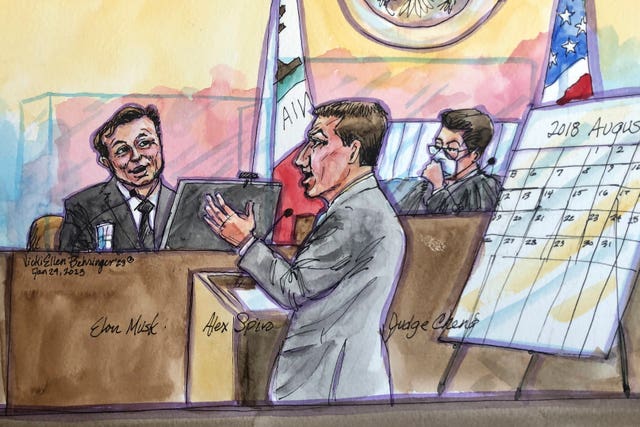
In the first tweet, posted just before he boarded his private jet, Mr Musk declared he had “funding secured” to take Tesla private. A few hours later, Mr Musk sent another tweet indicating that the deal was imminent.
The tweets caused Twitter’s stock to surge during a 10-day period covered by the lawsuit before falling back after Mr Musk abandoned a deal in which he never had a firm financing commitment, based on evidence presented during the three-week trial.
Mr Musk’s decision to show up for the closing arguments — even though his presence was not required — underscored the importance of the trial’s outcome to him.
Nicholas Porritt, a lawyer for the Tesla shareholders, urged the jurors to rebuke Mr Musk for his “loose relationship with the truth”.
“Our society is based on rules,” Mr Porritt said. “We need rules to save us from anarchy. Rules should apply to Elon Musk like everyone else.”
Alex Spiro, Mr Musk’s attorney, conceded the 2018 tweets were “technically inaccurate”.
But he told the jurors: “Just because it’s a bad tweet doesn’t make it a fraud.”
US District Judge Edward Chen, who presided over the trial, decided last year that Mr Musk’s 2018 tweets were false and has instructed the jury to view them that way.
During roughly eight hours on the stand earlier in the trial, Mr Musk insisted he believed he had lined up the funds from Saudi Arabia’s Public Investment Fund to take Tesla private after eight years as a publicly held company.
He defended his initial August 2018 tweet as well-intentioned and aimed at ensuring all Tesla investors knew the automaker might be on its way to ending its run as a publicly held company.
“I had no ill motive,” Mr Musk testified. “My intent was to do the right thing for all shareholders.”

